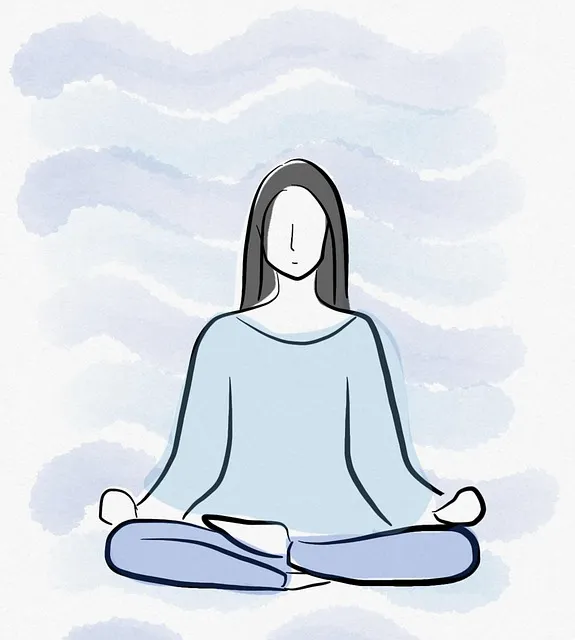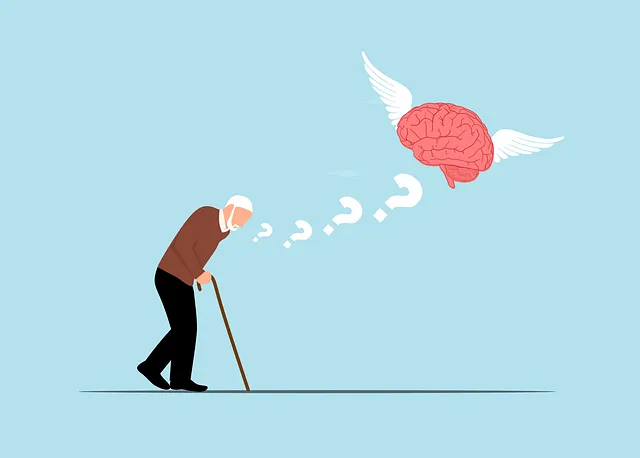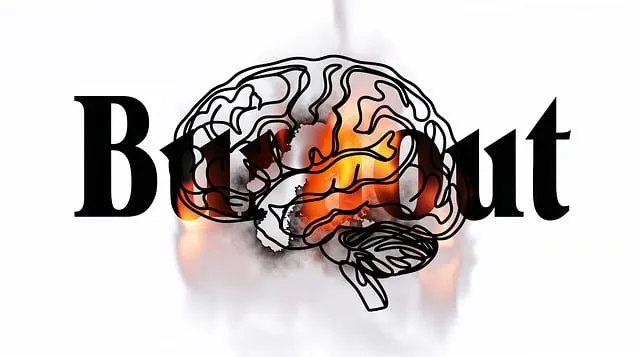The Lone Tree Kaiser Permanente behavioral health center focuses on holistic stress management, addressing its complex psychological and physiological effects. They empower healthcare providers with emotional regulation skills, mindfulness practices, and coping strategies to prevent burnout. Cognitive Behavioral Therapy (CBT) is a key tool, changing negative thought patterns for lasting stress relief. Mindfulness programs include meditation, yoga, and breathing exercises, enhancing resilience and social connections. Lifestyle changes like healthy eating, exercise, and self-care are emphasized, along with creative outlets and social support networks to combat stress and promote overall well-being.
Stress reduction is a vital aspect of maintaining overall well-being, especially at the Lone Tree Kaiser Permanente Behavioral Health Center. This comprehensive guide explores various methods to manage stress effectively. From understanding its profound impact on mental and physical health, we delve into evidence-based techniques like Cognitive Behavioral Therapy (CBT) and mindfulness practices. Additionally, discover lifestyle changes, creative outlets, and social connections as powerful tools for reducing stress and enhancing your quality of life at the Lone Tree Kaiser Permanente Behavioral Health Center.
- Understanding Stress and Its Impact at Lone Tree Kaiser Permanente Behavioral Health Center
- Cognitive Behavioral Therapy: A Powerful Tool for Stress Management
- Mindfulness Practices to Calm the Mind and Body
- Lifestyle Changes for Enhanced Well-being and Reduced Stress
- Creative Outlets and Social Connections: Finding Support and Relief
Understanding Stress and Its Impact at Lone Tree Kaiser Permanente Behavioral Health Center

Stress is a complex psychological and physiological response to various demands and pressures, and it can significantly impact an individual’s overall well-being. At Lone Tree Kaiser Permanente Behavioral Health Center, we recognize that understanding stress and its far-reaching effects are crucial steps in developing effective reduction strategies. Stress, when left unaddressed, can lead to a range of issues, from mental health disorders like anxiety and depression to physical ailments such as chronic pain and cardiovascular problems.
In the high-pressure environment of healthcare, burnout is a real concern for providers. Lone Tree Kaiser Permanente behavioral health specialists emphasize emotional regulation and intelligence as key tools in stress management. By teaching healthcare professionals burnout prevention strategies, we aim to enhance their resilience and improve patient care. This involves learning to identify and manage emotions, cultivating mindfulness practices, and adopting healthy coping mechanisms to navigate the challenges of the job effectively.
Cognitive Behavioral Therapy: A Powerful Tool for Stress Management

Cognitive Behavioral Therapy (CBT) is a highly effective method for managing stress and has been recognized by Lone Tree Kaiser Permanente behavioral health center as a powerful tool to improve mental well-being. This therapeutic approach focuses on identifying and changing negative thought patterns, replacing them with more positive and realistic ones. By addressing the connection between thoughts, feelings, and behaviors, CBT enables individuals to gain a deeper understanding of their stress triggers.
The process involves learning emotional regulation skills, which help in coping with challenging situations. The therapy also encourages cultural sensitivity in mental healthcare practice, ensuring that each client’s unique background is considered during treatment. This personalized approach allows for better engagement and improved outcomes, making CBT a preferred method for many seeking lasting stress relief.
Mindfulness Practices to Calm the Mind and Body

At the Lone Tree Kaiser Permanente behavioral health center, mindfulness practices are a cornerstone of their stress reduction programs. These techniques empower individuals to cultivate awareness and presence in the moment, fostering both mental clarity and emotional balance. Through guided meditation, deep breathing exercises, and yoga sessions, patients learn to quiet the restless mind and soothe frazzled nerves. By integrating mindfulness into daily routines, individuals can enhance their resilience building capabilities, promoting a sense of inner strength that sustains them through life’s challenges.
The center’s holistic approach extends beyond individual therapy, incorporating confidence boosting techniques tailored to each person’s unique needs. Mindfulness practices have been shown to improve self-regulation and self-compassion, enabling individuals to respond rather than react to stressful situations. Moreover, the Community Outreach Program Implementation at Lone Tree Kaiser Permanente encourages social connections, providing a supportive network that reinforces the positive effects of mindfulness and promotes lasting well-being.
Lifestyle Changes for Enhanced Well-being and Reduced Stress

At the Lone Tree Kaiser Permanente behavioral health center, professionals emphasize that lifestyle changes are key to enhancing well-being and reducing stress. This includes adopting healthy eating habits, as nutrition directly impacts mental health. Incorporating regular physical activity not only boosts energy levels but also serves as an effective stress reliever. Adequate sleep is another pillar of stress management, helping the mind and body recover from daily demands.
Additionally, self-care practices such as mindfulness meditation, deep breathing exercises, or yoga can significantly improve resilience building. Taking time for hobbies, connecting with loved ones, and setting boundaries to prevent overloading are essential self-care strategies. Building confidence through personal growth and learning new skills contributes to a positive mindset, making it easier to navigate life’s challenges with poise and composure.
Creative Outlets and Social Connections: Finding Support and Relief

Creative outlets and social connections play a pivotal role in stress reduction, as recognized by experts at the Lone Tree Kaiser Permanente behavioral health center. Engaging in artistic pursuits like painting, writing, or playing music allows individuals to tap into their inner strength and develop a sense of accomplishment. These activities provide an avenue for self-expression, helping to alleviate emotional burdens and prevent burnout, particularly relevant for healthcare providers facing intense work pressures.
Moreover, fostering social connections is crucial for mental health and illness stigma reduction efforts. Sharing experiences with supportive peers can offer relief and perspective during stressful times. The Lone Tree Kaiser Permanente behavioral health center advocates for building a strong support network to combat loneliness and promote overall well-being. Through group therapy sessions or community outreach programs, individuals can find like-minded people who understand their struggles, fostering an environment of care and resilience.
At Lone Tree Kaiser Permanente Behavioral Health Center, understanding the profound impact of stress has led to the exploration and promotion of various effective reduction methods. From cognitive behavioral therapy’s proven power to mindfulness practices calming both mind and body, to lifestyle changes enhancing overall well-being, each strategy offers a unique path towards tranquility. Creative outlets and social connections further reinforce these efforts, serving as powerful tools for managing and alleviating stress. By integrating these holistic approaches, individuals can navigate life’s challenges with resilience, ultimately fostering a healthier, more balanced existence.






